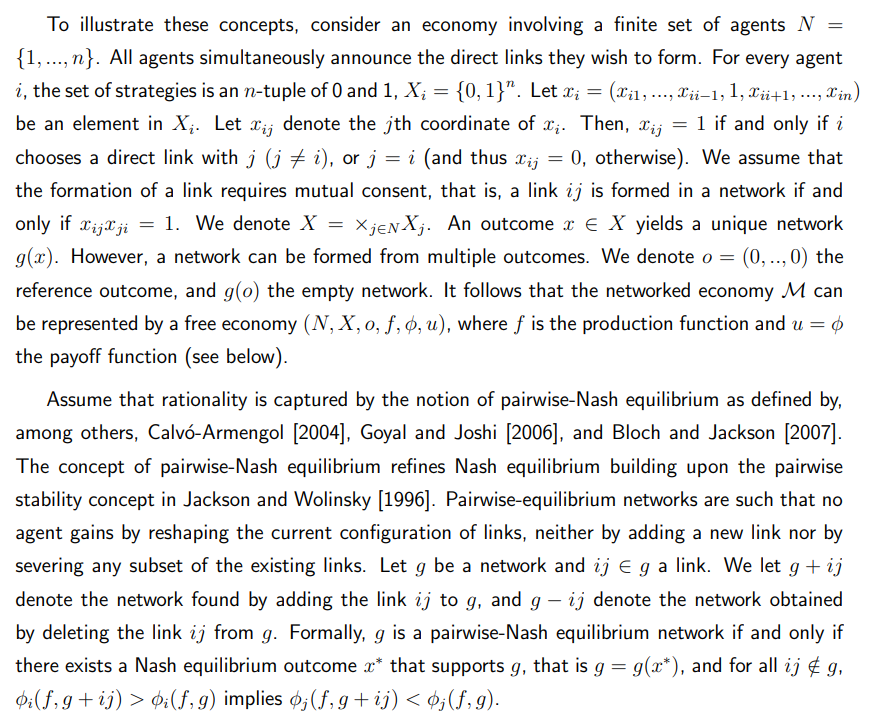De Guindos says the ECB sees no need to change interest rates at this time
European Central Bank (ECB) Vice-President Luis de Guindos declared that the bank’s current key interest-rate level is appropriate — provided the economic and inflation outlook remains broadly as anticipated.
De Guindos stressed that while the ECB is comfortable with its monetary-policy stance, it remains “very prudent and cautious”, ready to act if underlying conditions deteriorate or deviate from expectations.
The ECB says interest rates are stable
In an interview with Portuguese daily Diário de Notícias, De Guindos said the ECB’s key rates are “at the right level” given current economic projections.
However, he emphasized that policymakers remain vigilant. “If inflation developments deviate, or if projections are modified, and if transmission is not correct, then we may change,” he stated. The comments follow the central bank’s October 30 decision to leave its main refinancing rate unchanged at 4.25%, the deposit rate at 3.75%, and the marginal lending rate at 4.50%.
De Guindos said the ECB will only change interest rates if inflation does not move toward the bank’s target or if the economy grows faster or slower than expected.
He said the pandemic caused the economy to struggle, but after many years, it is now getting better. He also explained that the bank must act slowly and wisely, as political tensions, supply chain issues, and sudden changes in the global economy can quickly impact the current situation.
Due to current policies, salaries and prices are rising steadily rather than increasing rapidly. If this continues, households and businesses will be able to plan for the future without placing undue pressure on spending or borrowing activities.
Lawmakers say global risks are still present
In October, the U.S. imposed new tariffs on imported goods, but the impact on prices in Europe was uncertain. The tariffs could make imported goods more expensive, slow down trade between countries, reduce demand for European exports, and lead to a slower global economic growth.
The ECB will take its time to monitor the economy, rather than quickly changing rates, as it wants to rely on actual data. The bank also noted that other external factors, such as global politics and ongoing trade conflicts, could also slow down Europe’s economic recovery, so they had to be patient.
By the December meeting, the bank will have sufficient data on the economy’s performance and will be able to make more informed decisions regarding interest rates.
Other ECB members also stated that interest rates are stable, so they will not encourage excessive spending or slow down any growth that has already begun. The ECB will be able to protect the economy from external shocks and ensure it continues to grow steadily.
Inflation has been gradually moving toward the ECB’s 2% target, indicating that the ECB’s current policies are having a positive impact on the economy. However, some countries and industries are doing better than others. The bank hasn’t made any sudden changes because this uneven recovery could cause problems in parts of the economy that are still fragile.
Changing interest rates also takes months to affect the economy fully, so if the bank acts too quickly, it could undermine any positive outcomes or steady growth in the future. The ECB wants to act based on clear evidence, rather than relying on news or temporary fluctuations in prices or trade.
For the time being, the central bank appears content to stay the course as inflation cools and the economy steadies. Still, policymakers will be keeping a close watch on forthcoming inflation readings and economic data.
Get seen where it counts. Advertise in Cryptopolitan Research and reach crypto’s sharpest investors and builders.
You May Also Like

Airdrop and Other Details for the Anticipated Altcoin Have Been Announced – Coinbase Has Also Made a Statement

The Economics of Self-Isolation: A Game-Theoretic Analysis of Contagion in a Free Economy
